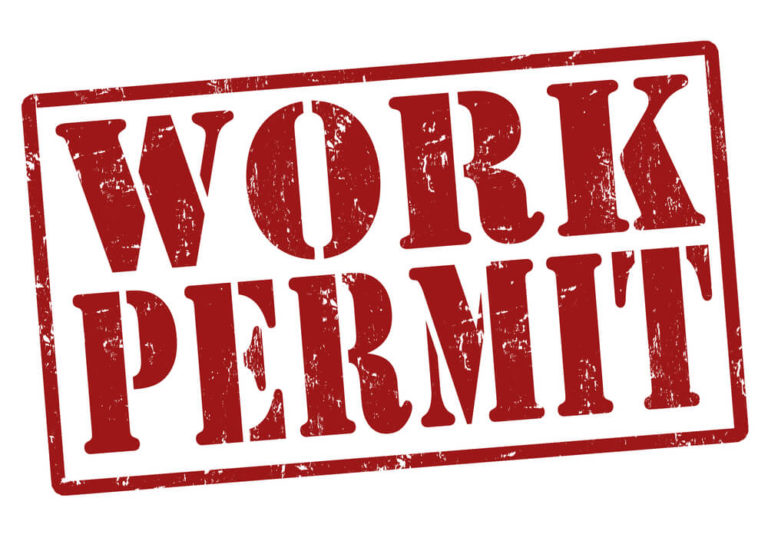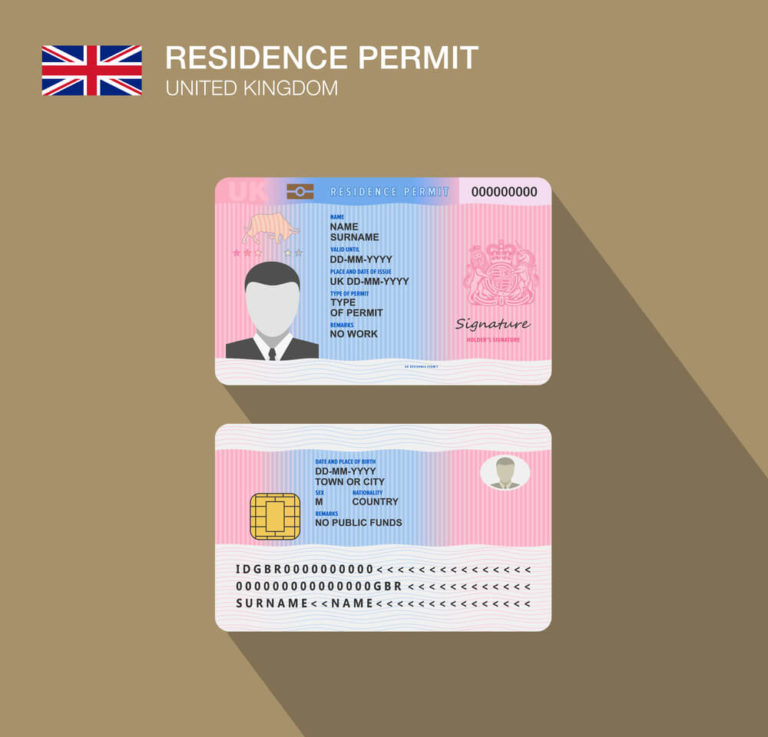The rules on who can work in the UK have changed after Brexit. Anyone who wants to work in the UK should be aware of the new regulations regarding their Right to Work in the UK. Employers should also know about changes in laws to facilitate the recruitment process and to avoid penalty.
Finding the correct information can be challenging if you’ve never worked in the UK before. Also, the new rules can be a bit complicated for some. So we have compiled all the necessary information about the right to work in the UK.
Table of Contents
Who can work in the UK?
A new points-based immigration system has been put in place. This changes the rules on who can legally work in the UK. The following are people who can work in the UK.
1. UK citizens
People who have UK citizenship has a right to work UK without any restrictions.
2. Irish nationals
The right of Irish citizens to live, work and access other benefits in the UK are protected by the Common Travel Area. The Common Travel Area or CTA is an arrangement between the United Kingdom and Ireland. It gives a variety of rights to citizens of these two countries, including the right to work. Immigration and Social Security Co-ordination (EU Withdrawal) Act 2020 recognises their right to do so.
3. Skilled immigrant workers
Immigrant workers are allowed to work in the UK after receiving a visa if they fulfil the following conditions.
A job offer from an approved sponsor (employer).
- The offered job needs to be at a required skill level of RQF level 3 or above (equivalent to A level).
- They’ll also have to be able to speak English adequately.
- Besides that, they will need to be paid the relevant salary threshold by their sponsors. This can either be the general salary threshold of £25,600 or the going rate for the job (whichever is higher).
4. People with global talent visa for the UK
People can get a global talent visa if they are a leader or potential leader in the following fields –
(a) Academia and research
In academia and research, you must have an exceptional talent or promise in one of these fields:
- Science
- Medicine
- Engineering
- Humanities
(b) Arts and culture
In the fields of arts and culture, you must show exceptional talent or exceptional promise on one of the following:
- Combined arts
- Visual arts
- Dance
- Literature
- Music
- Theatre
- Film and television
- Fashion design
- Architecture
(c) Digital technology
To be considered an exceptional talent or promise in the field of digital technology, you must fit in one of the following:
- You have held a senior position in an innovative tech company.
- You have experience in an innovative digital field or concept.
- You have any experience in teaching, mentoring or taking part in collaborative projects to help the digital technology sector.
Also, other requirements may include winning awards, developing new skills (commercial or technical) during your career. Besides, having had your research works published or endorsed by an expert also helps in this pursuit.
A person can work in the UK for up to five years if they have a global talent visa for the UK. Moreover, this is possible without a sponsor or a job offer.
5. People under EU settlement scheme
EU citizens who were living in the UK by 31 December 2020 fall under the EU (European Union) settlement scheme. The citizens of the following can apply to the EU Settlement Scheme to continue working in the UK after 30 June 2021.
- European Union (EU)
- European Economic Area (EEA): The EEA includes the EU countries as well as Iceland, Liechtenstein and Norway. People with both settled and pre-settled status can work in the UK.
- Swiss citizens
6. International students and graduates
International students who study at UK universities can work for two years after their graduation in the UK. They can start this process by applying for the newly announced Graduate Immigration Route and getting a student visa.
According to statistics provided by the Home Office, by the end of June 2020, precisely 144,938 work-related visas were granted. Such a number shows the need for knowledgeable employers in managing employees and helping them out in immigration procedures. Employers and Human Resource personnel must ensure proper procedure and regulations while employing someone. So they need to stay up to date with relevant information, which the following courses can ensure.
These courses will help everyone get a holistic understanding of immigration requirements, employment laws, legal recruitment processes and much more.
Eligibility to work in the UK
The UK government wants to introduce an Immigration Bill. They are bringing in a firm and fair point-based system with the intention of attracting high-skilled workers. The UK government is looking for people to contribute to their economy, communities and public services. At the same time creating a high wage, high-skill and high productivity economy.

Even after the UK leaving the European Union, they continue to employ people of other nationalities. So, you need to ensure that you have eligibility to work in the United Kingdom.
- Firstly, your eligibility to work depends on your right to work in the UK.
- You must be at least 18 years old.
- UK’s citizens and Irish nationals can work in the UK without any restrictions.
- Anyone from outside the UK and Ireland must have their visa and work permit.
To prove your eligibility to work, you have to share details of your right to work in the UK first. This includes sharing information about these –
- The types of jobs you’re allowed to do.
- How long you can work in the UK for.
A potential employee will also have to confirm their date of birth and show the right to work share code to the employer. In case they don’t have their right to work share code, they can show original documents.
Employers must remember the following –
- An employer could face a civil penalty if they employ an illegal worker and have not carried out a correct right to work check.
- An employer must not discriminate against anyone because of where they’re from.
What is a work permit?
A work permit refers to permission to take a job within a foreign country. It is a legal document stating that you have the right to hold a job. This is also known as a work visa.

British citizens are eligible to work in the UK, and they don’t need a work permit. Similarly, Irish nationals do not need a work permit, but they can still apply for a UK Frontier work permit. However, there are certain rules and restrictions for others. For example, one can not be self-employed on a student visa and can not work on specific jobs.
Right to Work Documents
You will need to prove your right to work in uk to an employer or other authorities in some instances. Therefore, you should have these documents ready before you start working in the UK.
You will need one of the followings to prove your right to work in the UK:
- Biometric residence permit number
- Biometric residence card number
- Passport or national identity card

You can continue to use your passport or national identity card to prove you can work in the UK until 30 June 2021, if you are a –
- Citizen of European Union member states
- Citizen of the European Economic Area (EEA)
- Swiss citizen
Moreover, if you are a citizen of any of these countries, you might be asked to prove your right to get a job after 30 June 2021.
The UK government has provided a handy tool to check if a document allows someone to work in the UK. If you are an employer, you can check this employer’s guide to acceptable right to work documents. As an employer, you must know about a job applicant’s right to work details before employing them.
Right to work in the UK checklist
You can find the government provided checklist containing the right to work in the UK here in pdf format. You can also print out a copy of the Right to Work Checklist.
Closing Notes on Right to Work in the UK
After the United Kingdom’s exit from the European Union, a lot of rules have changed. So before deciding to work or live in the United Kingdom, one must know about these rules. Moreover, getting the right documents and registering can prevent future misunderstandings or challenges. If you still have any confusions or questions, you can check out UK Employment Law. This will give you any additional info you might need, and expert instructors will guide you along. Also, you can take advice from experts in the field.







 October 18, 2023
October 18, 2023






